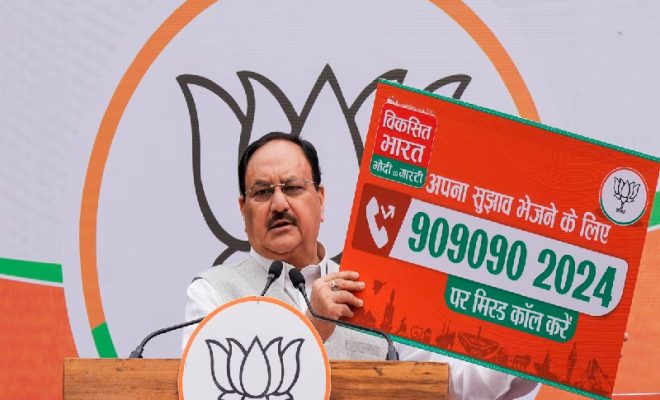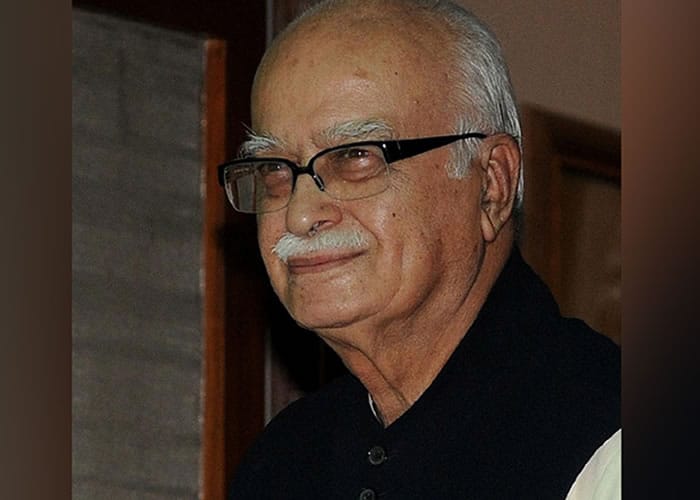Understanding the Controversy: Viksit Bharat Messages and Election Regulations

The Election Commission (EC) has issued a directive to the Ministry of Electronics and IT (MeitY) regarding the immediate cessation of ‘Viksit Bharat’ messages on WhatsApp. Here’s a detailed analysis of the situation:
The EC has received complaints regarding the continued delivery of ‘Viksit Bharat’ messages to citizens’ phones, despite the Model Code of Conduct (MCC) being in force. This has prompted the EC to take action and direct MeitY to halt the delivery of such messages during the MCC period.
Directive to MeitY
EC Senior Principal Secretary, Narendra N Butolia, conveyed the directive to the Secretary of MeitY, emphasizing the urgency of stopping further delivery of WhatsApp messages. The directive highlights the need to comply with the MCC regulations and prevent any violation thereof.
In response to the EC’s directive, MeitY clarified that the messages were sent before the MCC came into effect on March 15. However, some delays in delivery may have occurred due to system architecture and network limitations.
Political Controversy
The ‘Viksit Bharat’ messages have sparked a political controversy, with recipients from countries like Pakistan, the UAE, and Britain expressing surprise at receiving PM Modi’s letter on their smartphones. Questions have been raised regarding how the Indian government obtained their mobile numbers and the purpose of targeting non-Indian citizens in the campaign.
Also Read | What Lies Behind Amit Shah’s Analysis of INDIA Bloc’s Electoral Bond Stand?
PM Modi’s Outreach
PM Modi’s letter accompanying the messages emphasizes the importance of citizen feedback and support in building a ‘Viksit Bharat’ (Developed India). However, opposition parties, including the Congress’ Kerala unit, allege that the campaign serves as a covert election strategy rather than genuine solicitation of feedback.
The directive from the EC underscores the need for adherence to electoral regulations and the avoidance of misuse of government resources for political purposes. As the political landscape evolves, it is crucial for all stakeholders to uphold the integrity of the electoral process and prioritize transparency and accountability.



